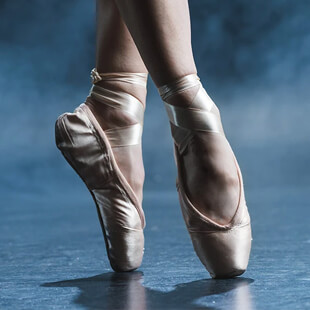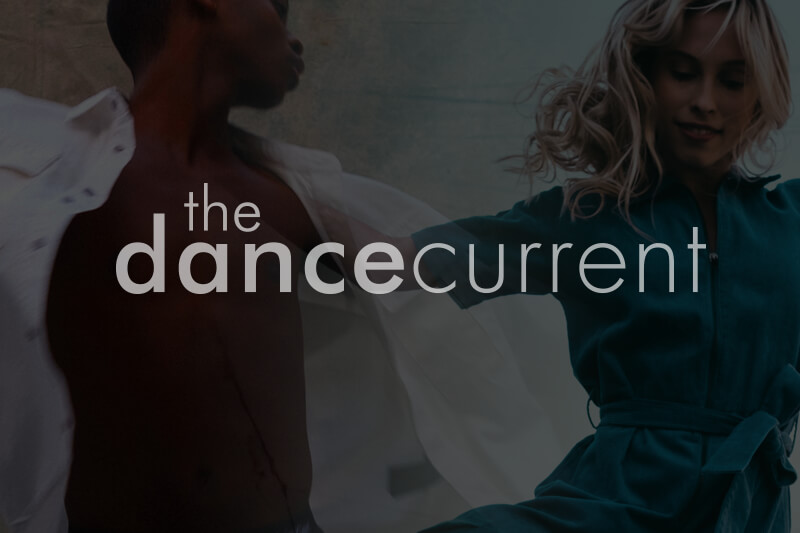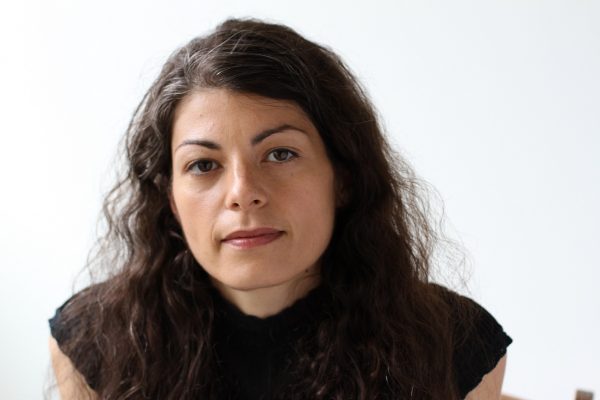On October 25, 160 arts advocates gathered at the nation’s capital to speak to parliamentarians for this year’s Arts Day on the Hill.
On behalf of the Canadian Arts Coalition (CAC), these advocates scheduled 111 meetings, six of which were with ministers and nine with ministerial staff. The CAC focused on three key points to deliver. The first was an appreciation for Canada Council’s doubling of the arts and culture funding in the 2016 federal budget (a 1.87 billion dollar investment over five years). The second was a look at the two-year investment in the Showcasing Canada’s Cultural Industries to the World program and the Canada Cultural Spaces Fund, stressing the need for an extension of funding beyond two years for meaningful change and worldwide presence to be established. The third point focused on the digital culture consultations and making sure that artists are involved. Emphasis on indigenous, equity-seeking or marginalized artists and communities was at the forefront of all points.
Arts Day on the Hill finished with a reception that saw people lined up outside of East Block on Parliament Hill waiting to get in. Guest speaker Minister of Canadian Heritage, the Honourable Mélanie Joly, spoke of the place of the arts in a growing technological world and in an international context. Placing an importance on bringing artists to the centre of the conversation, Toronto-based dancer Nova Bhattacharya introduced Minister Joly with a rousing speech. She spoke of reconciliation, meaningful change, and concluded by holding the Minister to her words: “I’d like to quote your ministerial mandate letter — ‘Canada’s stories, shaped by our immense diversity, deserve to be celebrated and shared with the world’ — you’ve got the mandate, you’ve got the power, you’ve got the artists cheering you on — let’s make it happen.”
And making it happen quietly behind the scenes are the arts advocates, whose approach continuously requires shifting focus as they prepare to talk to different levels of government workers throughout the year. Arts Day at Queen’s Park in Toronto was held on November 23, and the focus at the provincial level was on the Ontario Culture Strategy (published this past July as the province’s first policy document for arts and culture), advocating for more Ontario Trillium Foundation and Ontario Arts Council funding.
Arts advocates rallied again as they met with Toronto city councillors for Arts Day at City Hall, which was held in Toronto on December 9. The message in focus here was the $25 per capita funding and planting the seeds for a $50 per capita by 2025.
Kate Cornell, co-chair of the CAC and executive director of the Canadian Dance Assembly (CDA) played a central role in organizing and participating in all three events. Representing dance amidst a larger arts scene in the presence of politicians in varying levels of government is a puzzle she relishes. “I really love how the federal, provincial and municipal [levels] have these connections. We make different arguments but it’s all part of the same.” Cornell eagerly advises, “Whenever you’re taking to a politician, it’s always about their riding. And if you can’t talk about their riding, they kick you out really fast.”
Cornell feels at home amidst a medley of art forms; she grew up in a multidisciplinary artistic household with a visual artist father and a musician mother, so wearing two different hats to the Hill to advocate for the arts comes naturally to her. But what happens when the politicians leave? Is there ever any tangible change? Cornell offers an example: “I can directly relate a meeting that I had in 2014 to the doubling of the Canada Council budget. [I was in a meeting] with a bunch of colleagues with Stéphane Dion, who wrote the Liberal Party’s platform for culture, which then became the government platform for culture, which had in it directly the doubling of the budget of the Canada Council. We weren’t the only ones saying that, but I remember that day very clearly … It’s how you follow up and how you see those arguments develop, and a lot of the time it’s about building a relationship and continuing to talk.”
How can the dance sector do more? Cornell strongly urges dancers to join the Canadian Alliance of Dance Artists, which gives you an automatic membership to the CDA, “because that adds your voice to the need for advocacy and demonstrates that you see value in this work”. Having an awareness of all that goes into an artist’s career is essential, but volunteering for events like Arts Day to speak to politicians is always encouraged and welcome and benefits us all. “Oh,” Cornell adds, “and vote!”
Tagged: Advocacy, All, Canadian Arts Coalition, Nova Bhattacharya, Uncategorized, ON , Ottawa , Toronto





